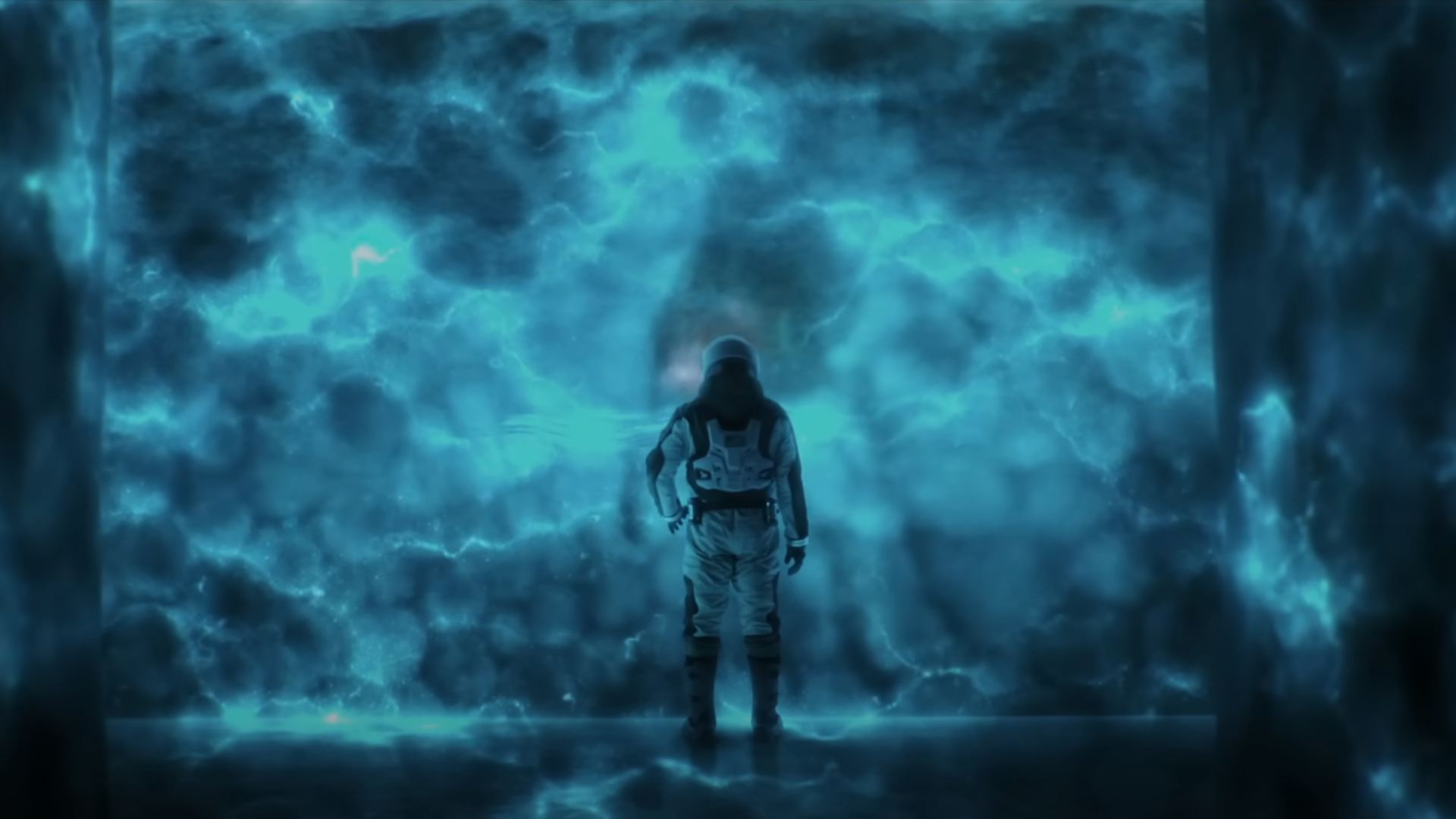
'Humanity’s time is over!’ Apple TV+ drops release date and intense first teaser for 'Invasion' Season 3
A scene from Apple TV+'s "Invasion" Season 3
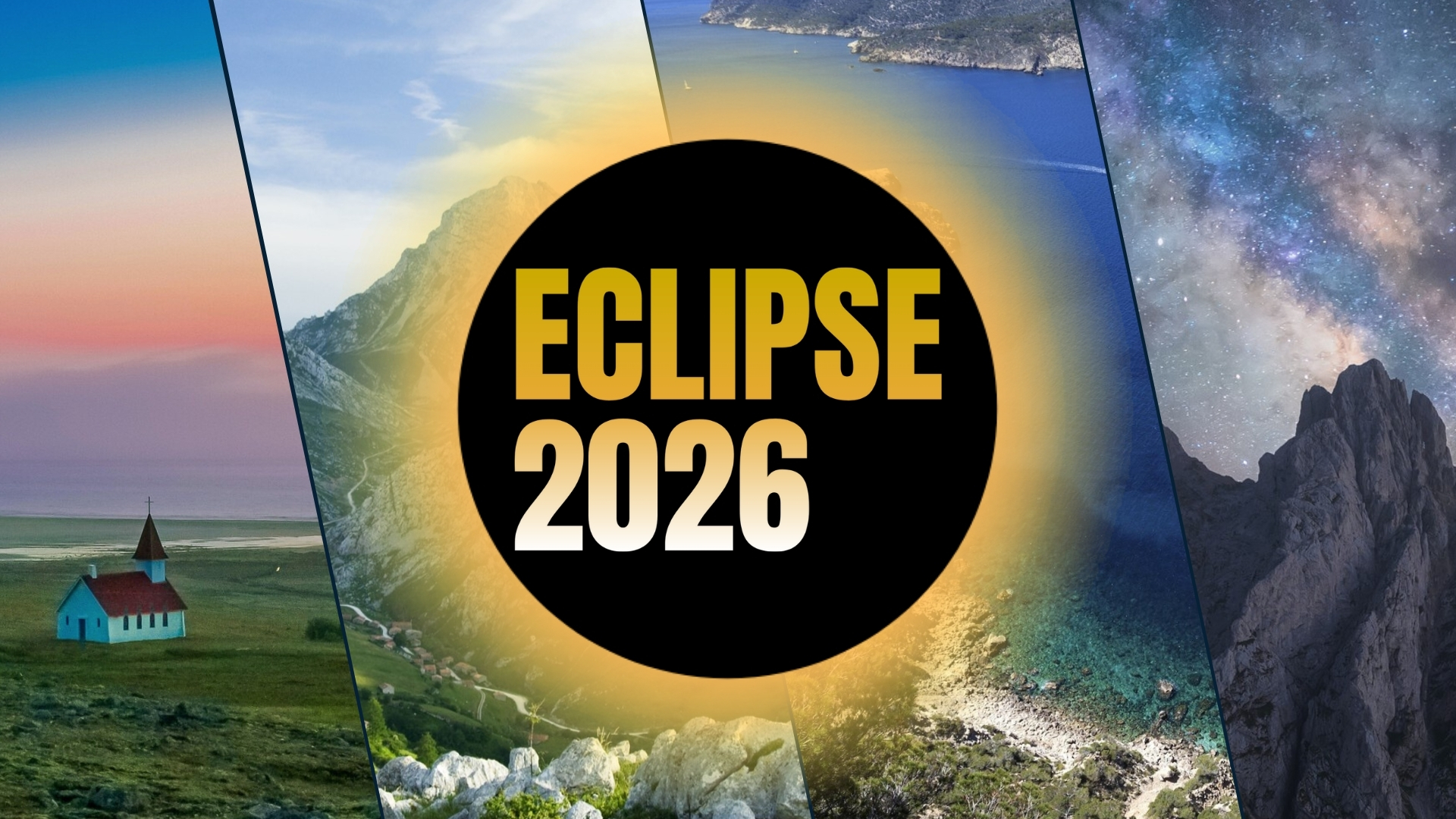
By Jamie Carter published
The total solar eclipse on Aug. 12, 2026, will offer some fabulous travel options. Here are some adventures to consider.
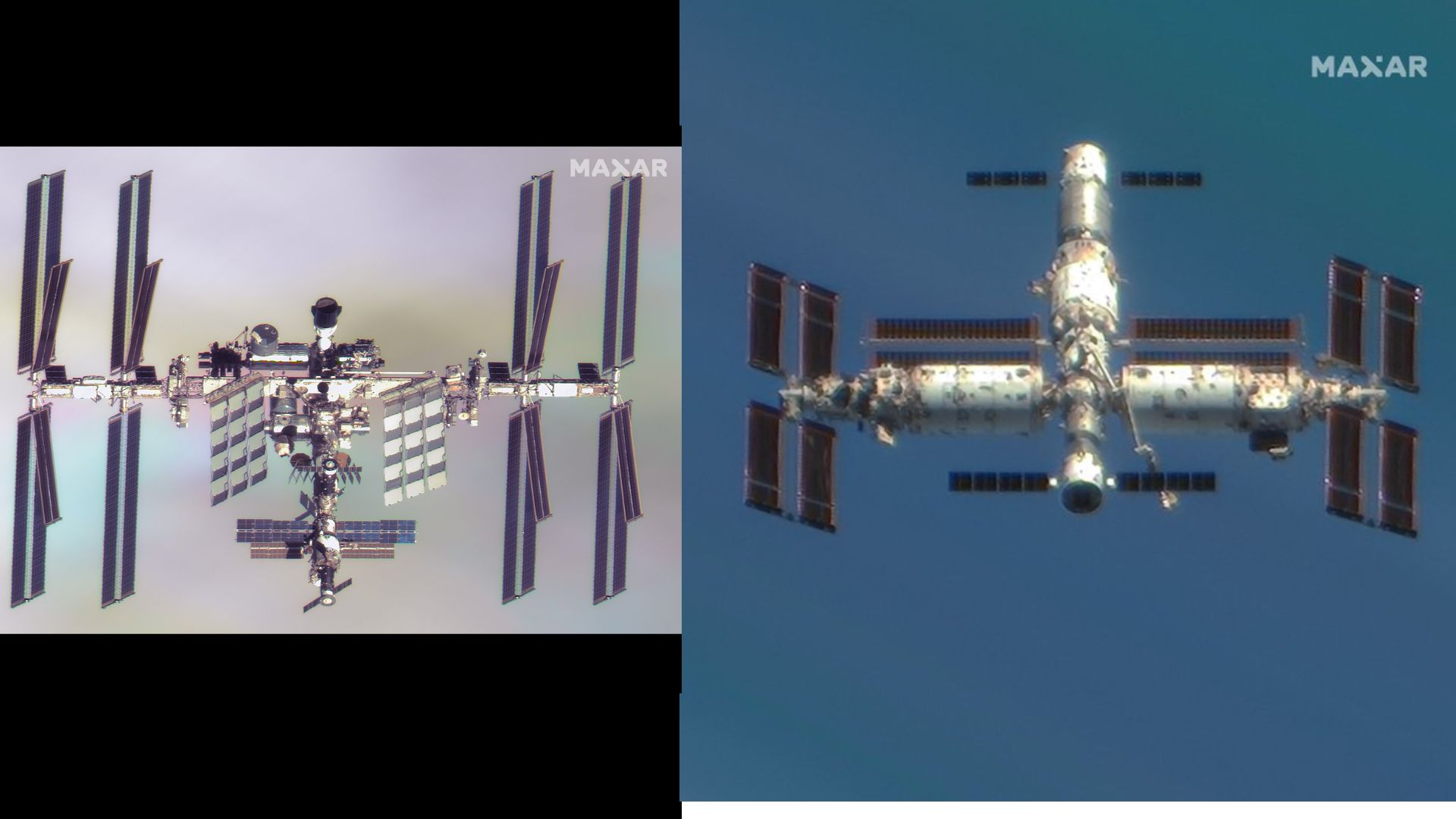
By Kenna Hughes-Castleberry published
Both stations are hubs of scientific research.
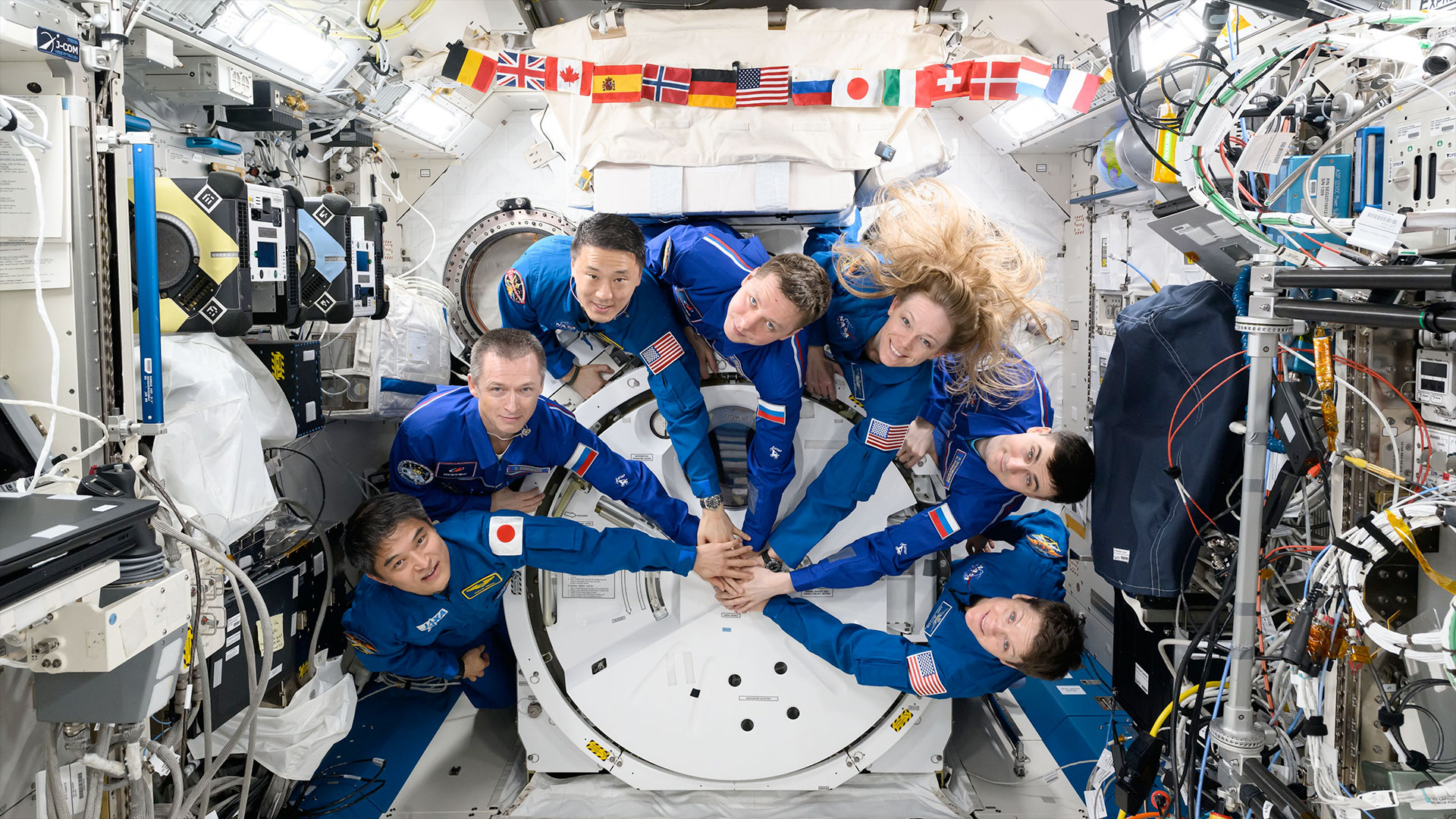
By Robert Z. Pearlman published
The Expedition 73 and Axiom Mission 4 crews spent their first of two weeks together conducting science aboard the International Space Station.
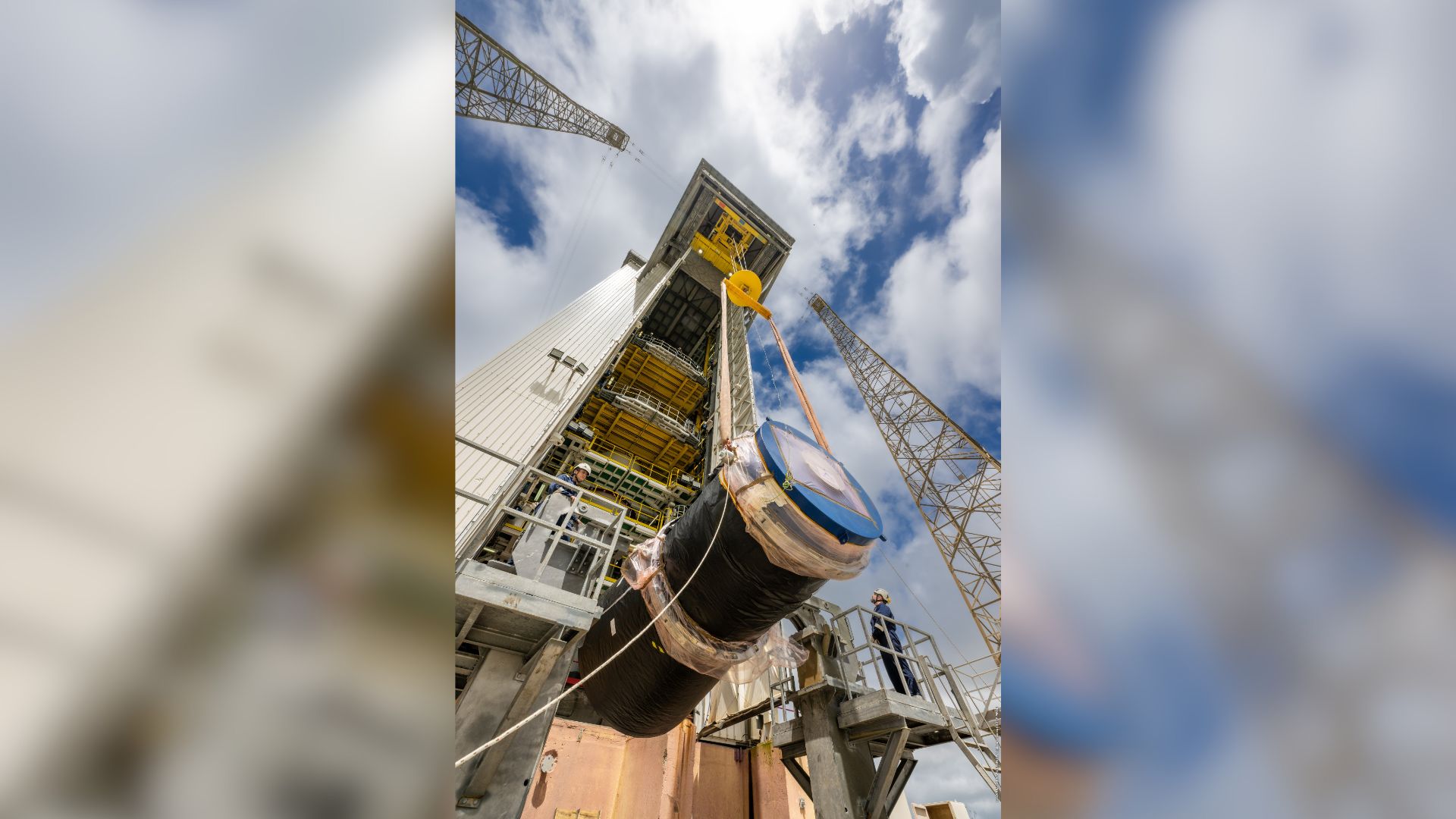
By Kenna Hughes-Castleberry published
The Zefiro-9 was hoisted in preparation for the Vega-C flight VV27.
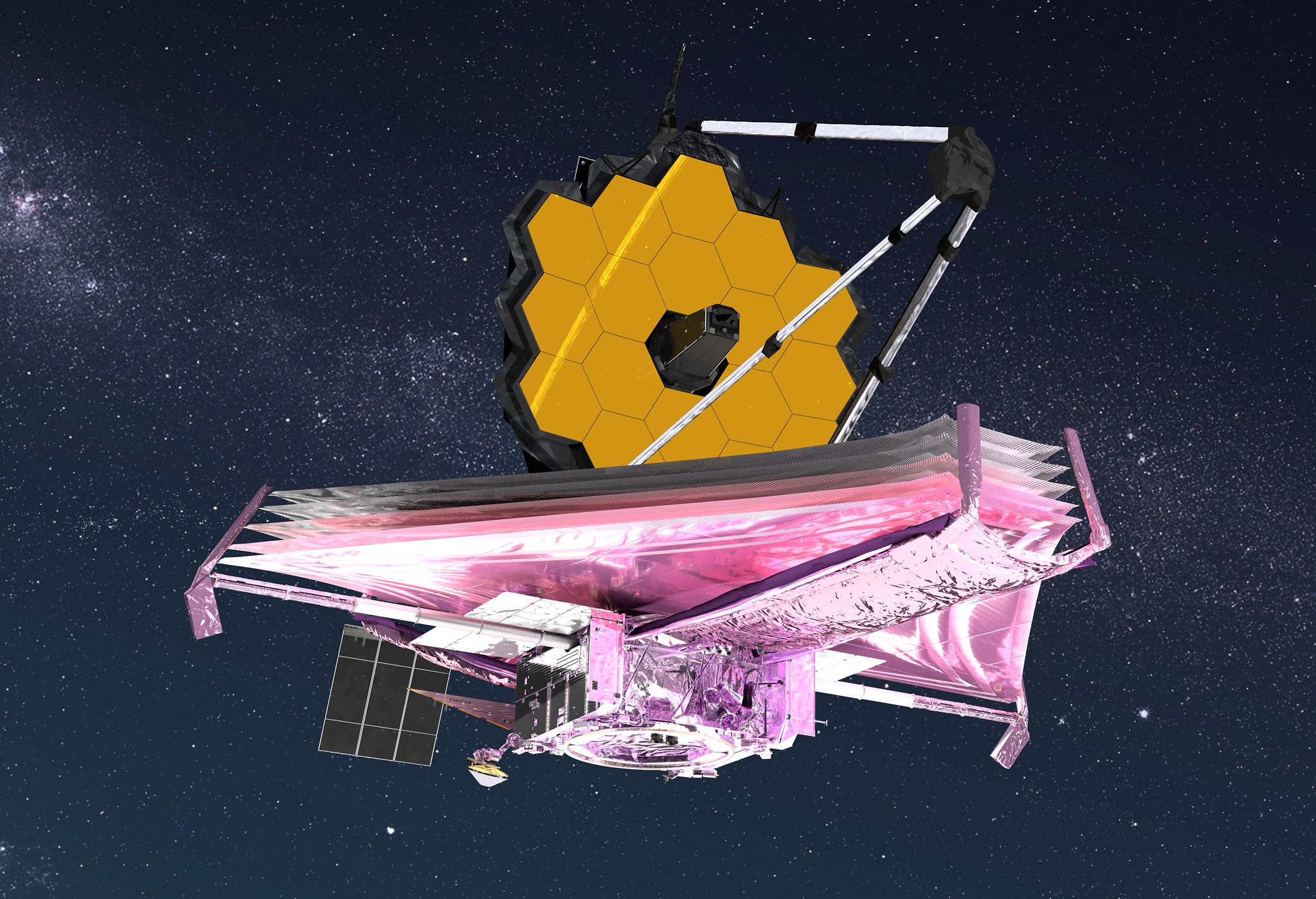
By Robert Lea last updated
Read the latest news about NASA's James Webb Space Telescope.
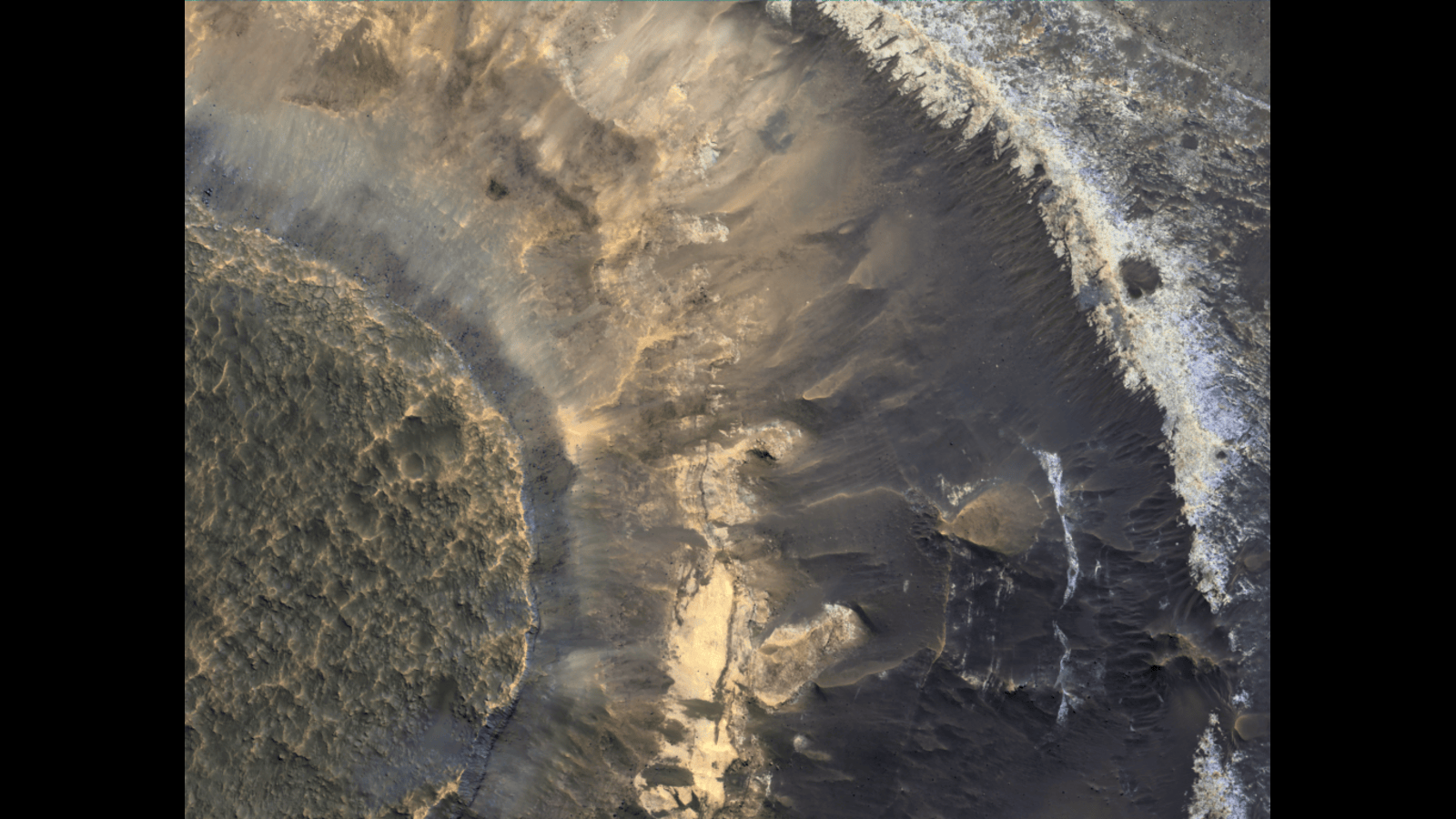
By Victoria Corless published
Mineral-rich layers of clay suggest that ancient life could be possible on the Red Planet
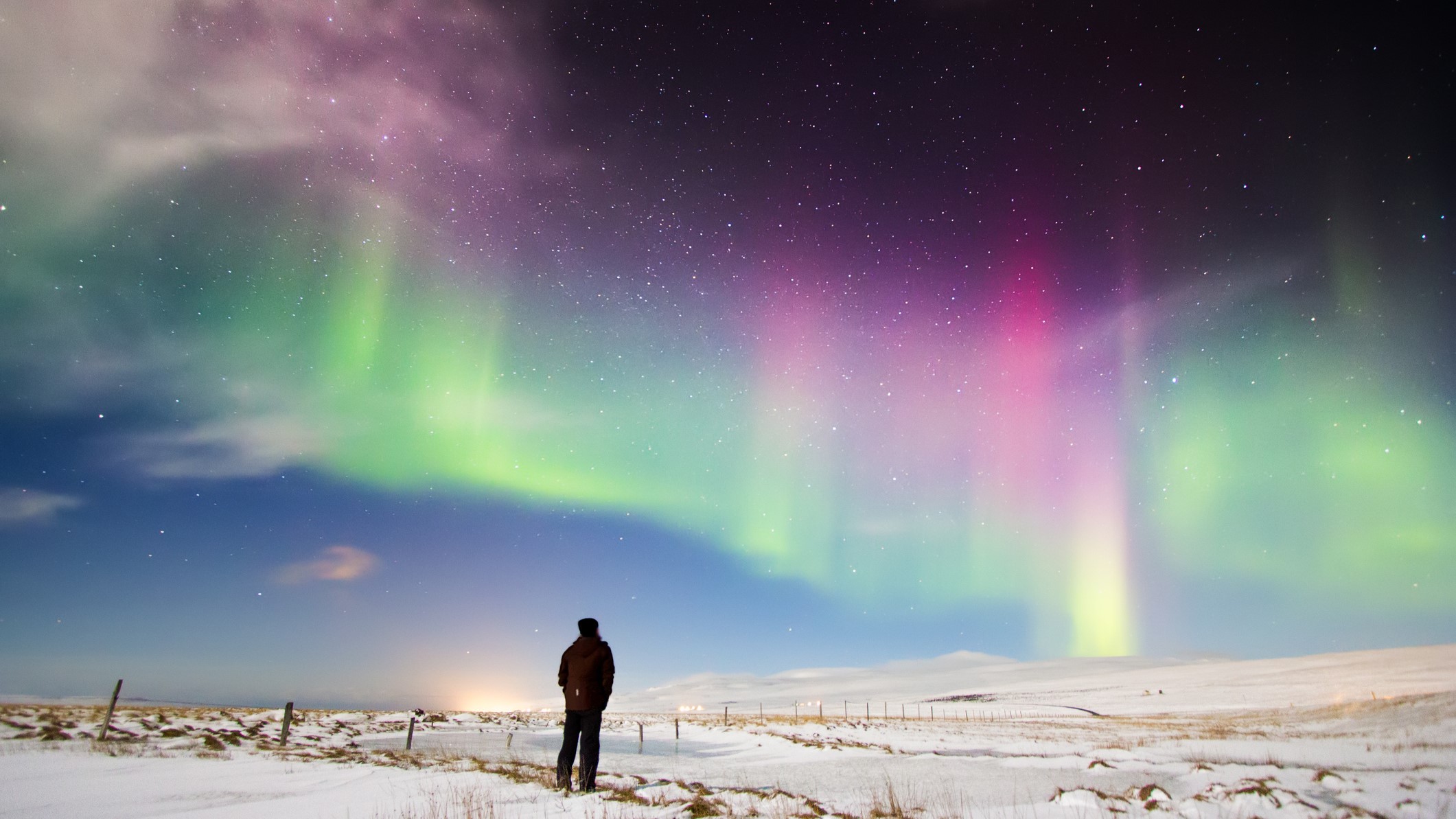
The latest aurora forecast for tonight help you make sure you're in the right place at the right time to see the northern lights.
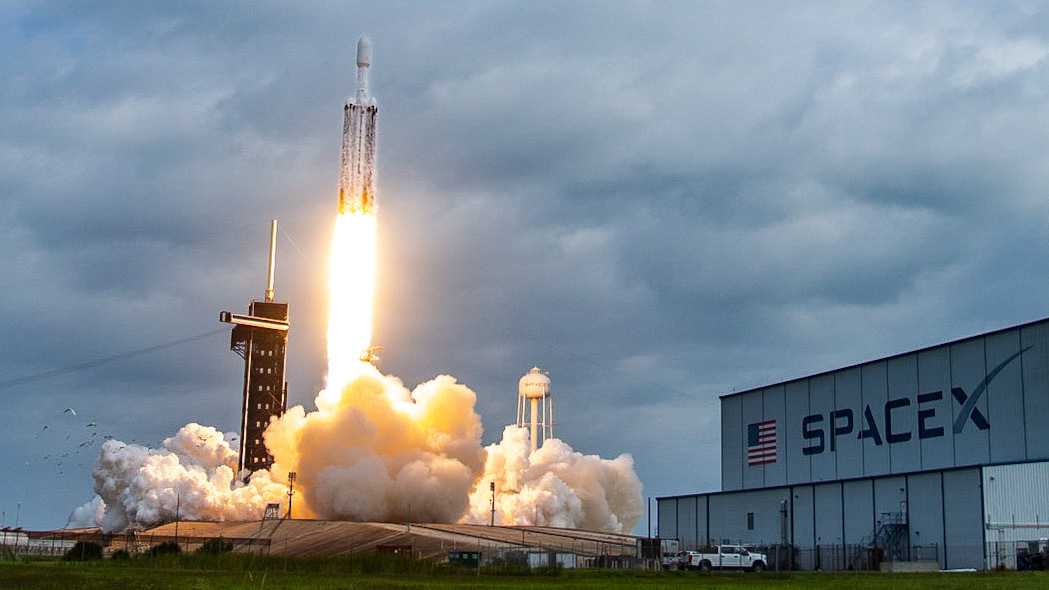
Follow Space.com's rocket launch blog for the latest on when the next rocket launch will be and how to follow it live.
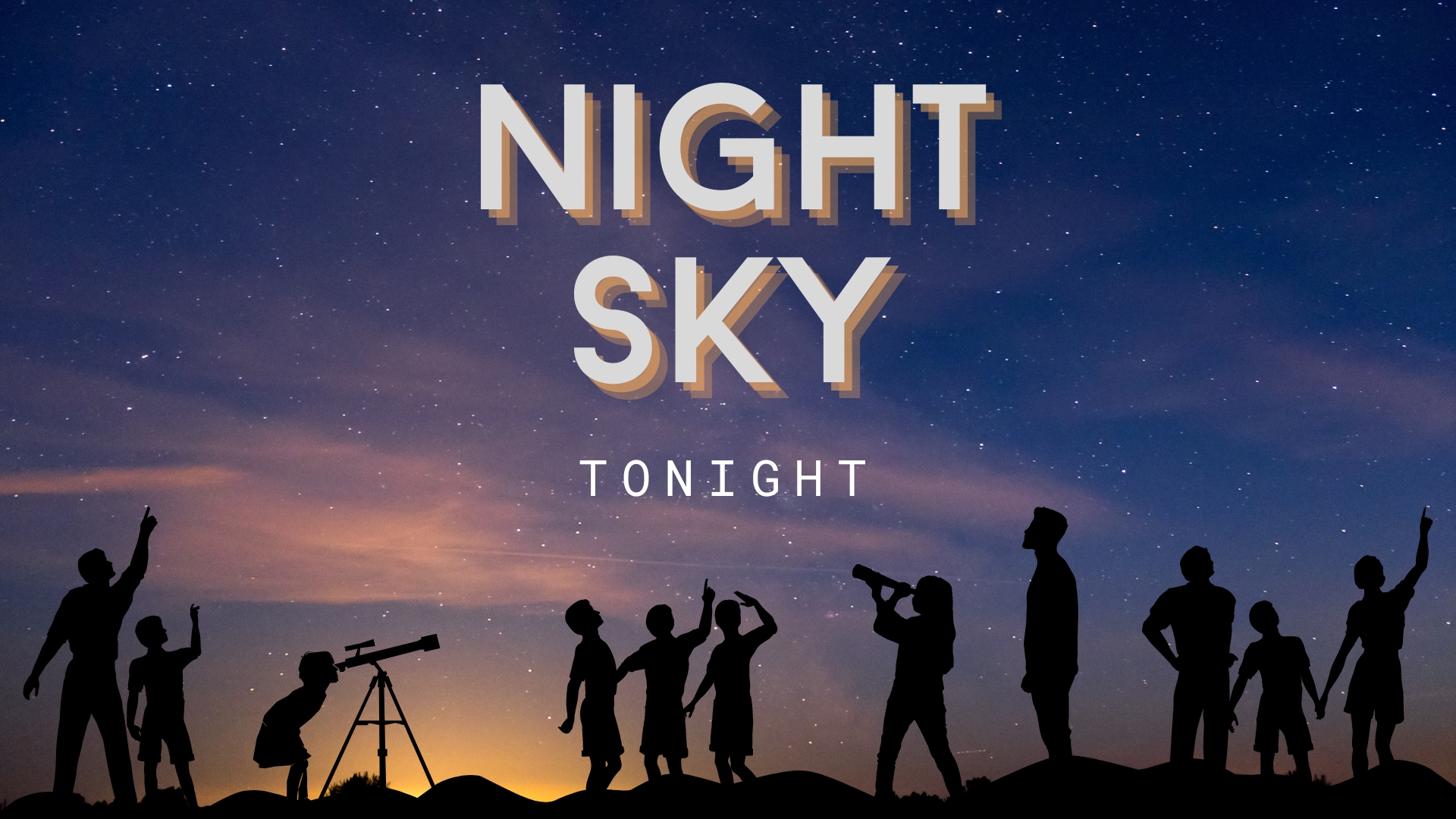
Find out what you can see in the night sky for tonight, from planets and stars to dazzling meteor showers.
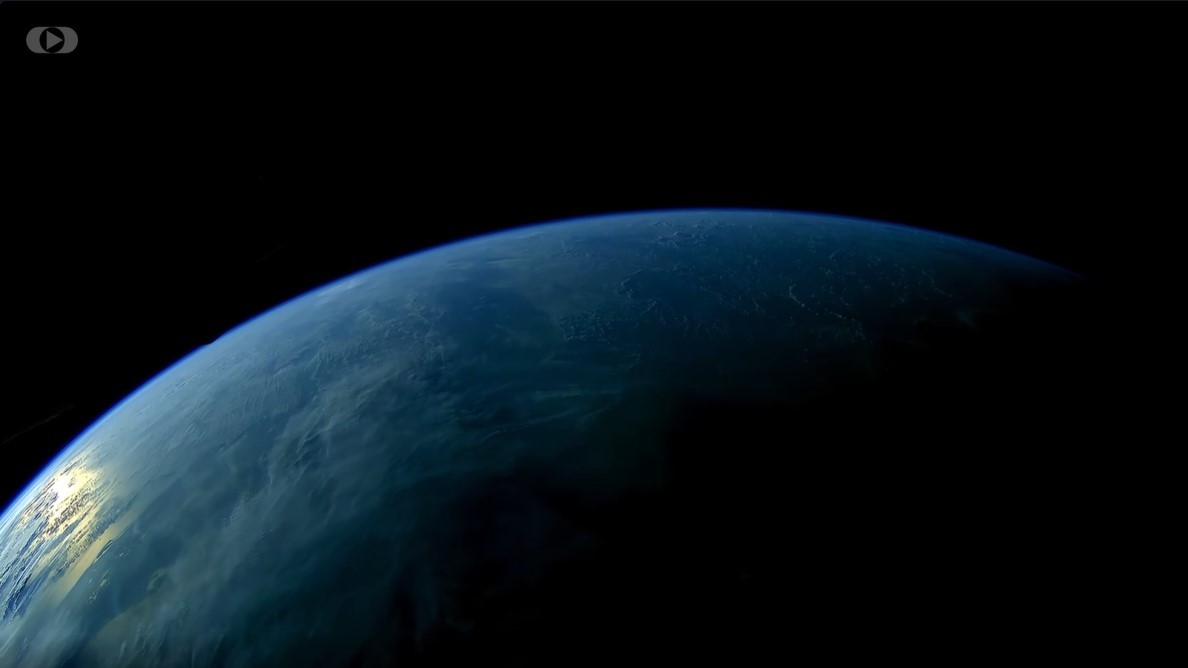
Witness live views of Earth from the International Space Station as it orbits the planet. Space streaming company Sen is broadcasting 24/7 from the ISS in beautiful 4K HD.

NASA astronaut Sally Ride became the first American woman in space aboard the space shuttle Challenger.
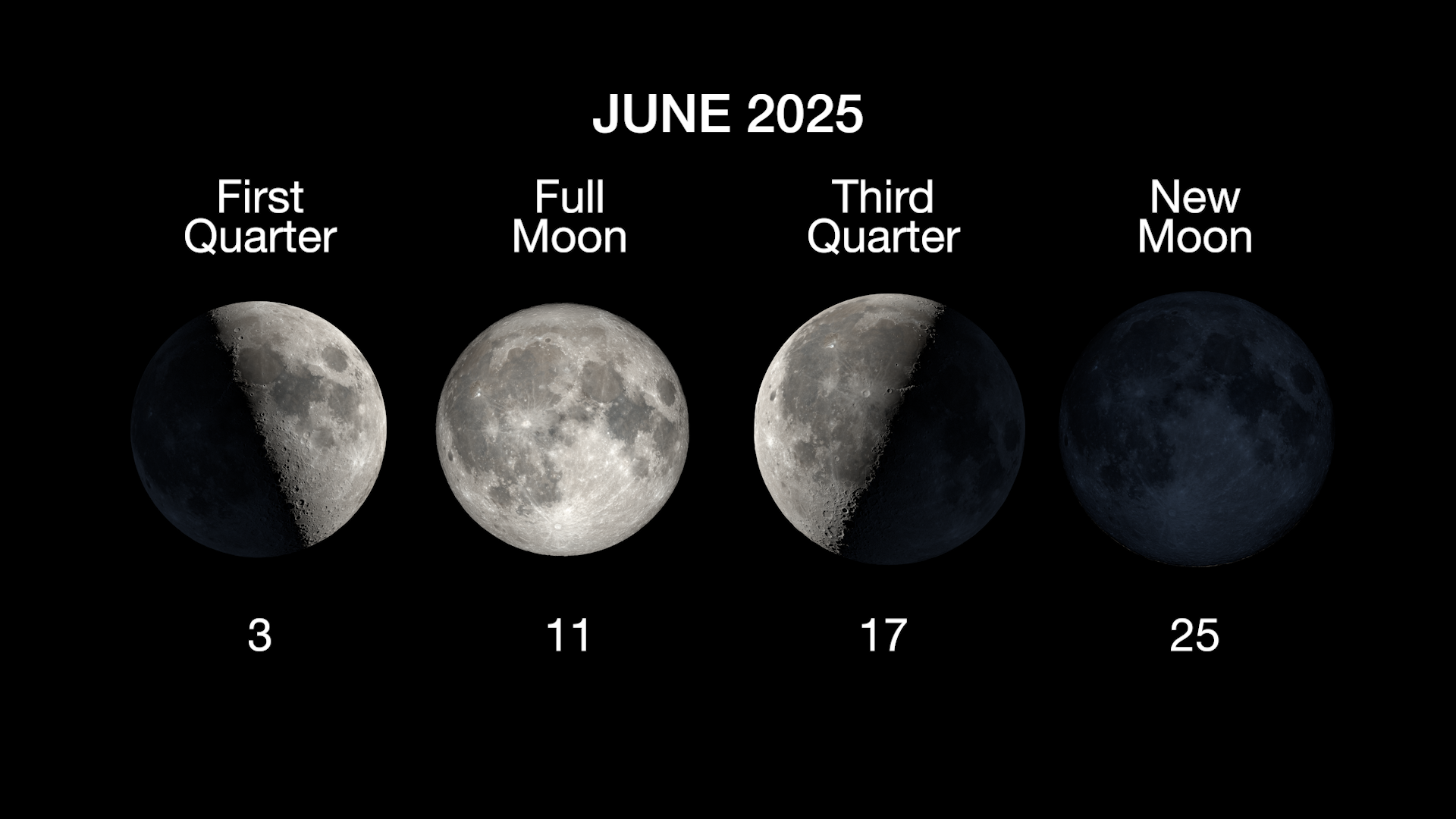
See what moon phase it is tonight and find out when you can see the rest of the moon phases for 2025.
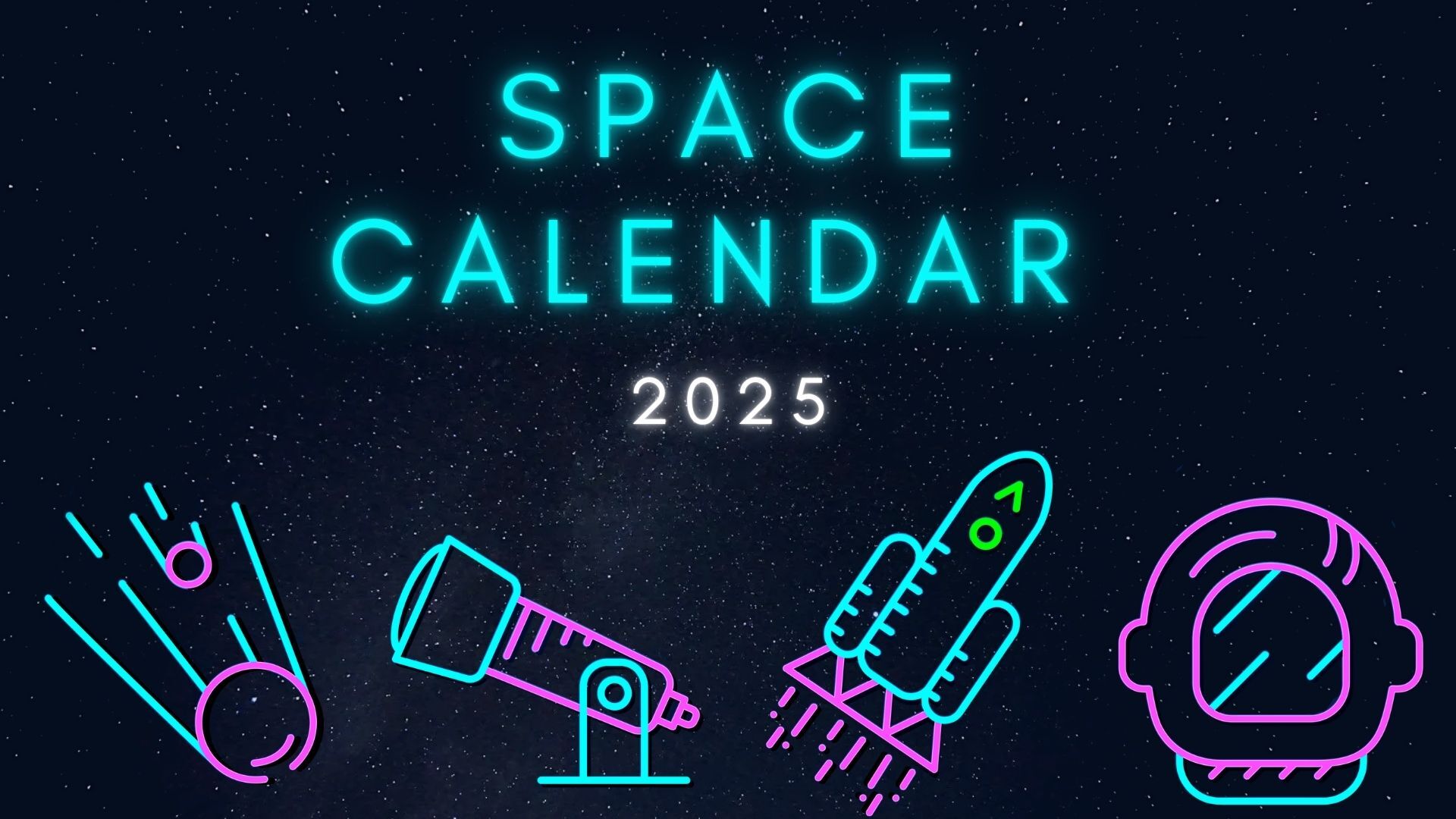
Keep up with all the rocket launches, astronomical events and mission milestones for 2025 with our space calendar.

By Oliver Swainston, Chris Carter published
The skepticism and debate around the question of "are we alone in the universe" makes the field of astrobiology more cautious

By Alexander Cox published
These are our picks of the best space tech deals you can get ahead of Fourth of July and Amazon Prime Day with offers on telescopes, star projectors and more.
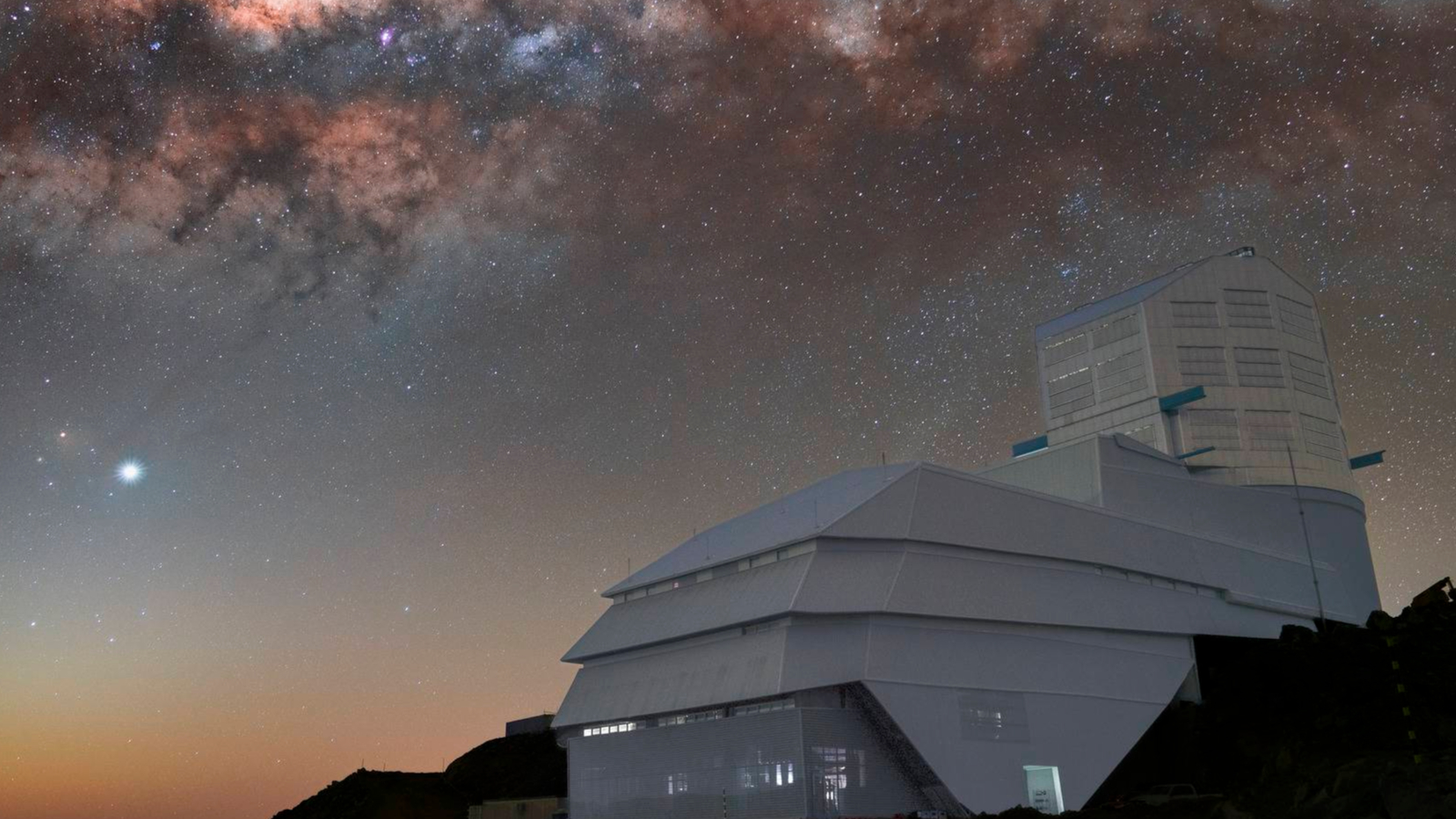
By Keith Cooper published
The amount of data generated by the Rubin Observatory is going to blow all previous cosmic datasets out of the water, but handling that much information poses a severe challenge.
Please login or signup to comment
Please wait...